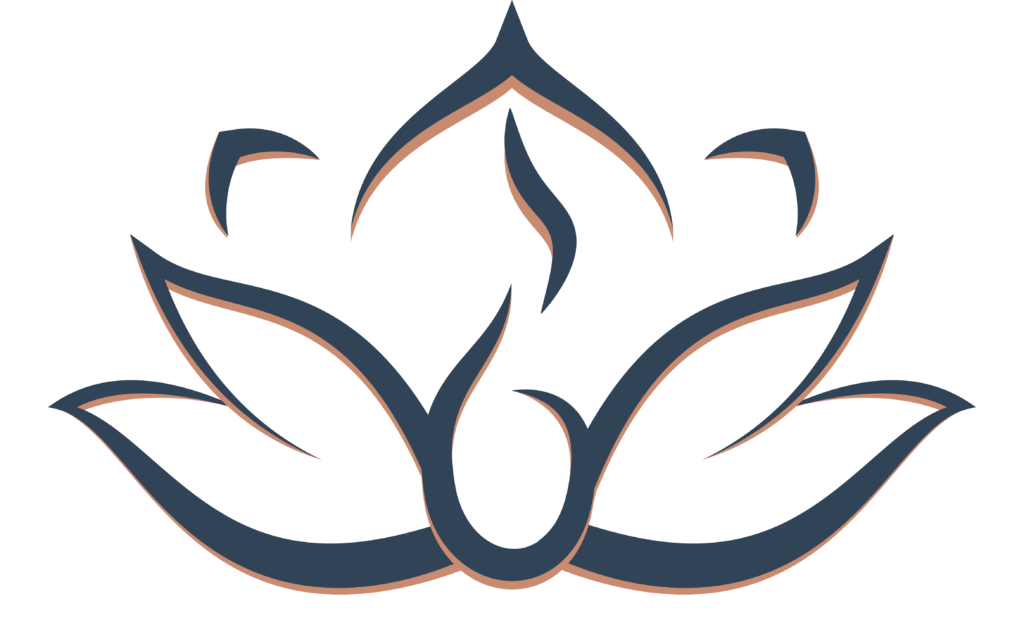International Day of Happiness

March 20th is International Day of Happiness, designed to celebrate and recognise the importance of happiness in our everyday lives. It can, however, be hard to be happy or find happiness, especially in light of global events such as the pandemic, global warmings, increased costs of living and conflicts between nations. On top of these external events which we have no control over, many of us may also find that the complications in our own lives do not stop and continue to manifest despite our stress levels already being at their limit. This can make it difficult to recognise those elements and aspects of our lives which do make us happy or joyful. Attempting to reflect or meditate on happy or positive things or people in our lives, as a lot of insta-therapy posts suggest, can feel too hard as it can feel as though there is little to be positive about.
Our brains are wired to look for the negative
However, this focus on the positive is actually a necessary skill to develop as our minds are wired to look for the negative. This is a term psychologists refer to as negativity bias. This bias may have developed from our innate need to survive and therefore be on the lookout for any danger. However, our minds have not adapted the negativity bias to be less attentive for perceived threat and so when our minds think of stressful situations, it’s all too easy to feel negative and stressed about them, despite the fact that the threat is a perceived rather than a real threat.
It is important to try to change this negativity bias by:
- Focussing on what is actually happening in your life currently and objectively
- Focussing on the positives that do exist.
Focussing on the small things that make our lives a little better can be extremely powerful, especially during those moments when you feel as though there is little to appreciate.
The pursuit of happiness
Established by the United Nations General Assembly in 2012, the International Day of Happiness is a quietly important celebration during these unprecedented moments in human history.
The pursuit of happiness is recognised by the UN as a fundamental human goal, also recognised in the US constitution. But it is perhaps interesting to note that it is the pursuit that is recognised, and not simply happiness in and of itself. This notion can also be problematic, considering we attain happiness from meaningful action, rather than it being something that we can drink from the source of. Happiness is therefore to be created through action towards meaningful goals which should be aligned with a values a person has.
For example, if a person values meaningful connections, then pursuit towards maintaining relationships through frequent contact and shared activities would be the goals to focus on. Whilst this goal in particular became extremely difficult to focus on during lock down, people found themselves exploring new ways of connecting to sources of happiness through new activities and self focus. At a time when the external world seems increasingly unpredictable, find links to what is important to create positivity in your internal world. This will take trial and error and it will mean giving new things a go. After all, if you don’t try, you will never know.
The important thing is to define happiness according to your own definition, not one which has been constructed for you. It might also be worth exploring whether happiness is the true goal, or whether your true aim is to feel peace or contentment. It might be worth thinking about the word happiness and brainstorming where you have formed your ideas about happiness from to get a better understanding about whether you or someone else has defined this term for you.
Are you experiencing prolonged periods of unhappiness, stress or anxiety?
If you are experiencing prolonged periods of unhappiness, stress, or anxiety, it could be that you are struggling with a stress response which may benefit from psychological input. If you feel you might benefit from talking to somebody about how you’re feeling, empower yourself and find a therapist at Surrey Psychology who can help give you the input you deserve. At Surrey Psychology, Dr Gurpreet Kaur and associates offer a range of evidence-based psychotherapeutic models that work to unwind the entrenched and often unhelpful mental patterns we sometimes find ourselves in. From CBT to EMDR, Surrey Psychology is here to help you heal and get back to living a fulfilling life.
Dr Gurpreet Kaur
Contact Dr Gurpreet Kaur at Surrey Psychology today in order to book a consultation. Simply fill out our online enquiry form.




